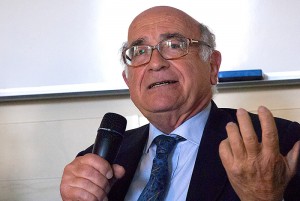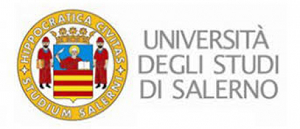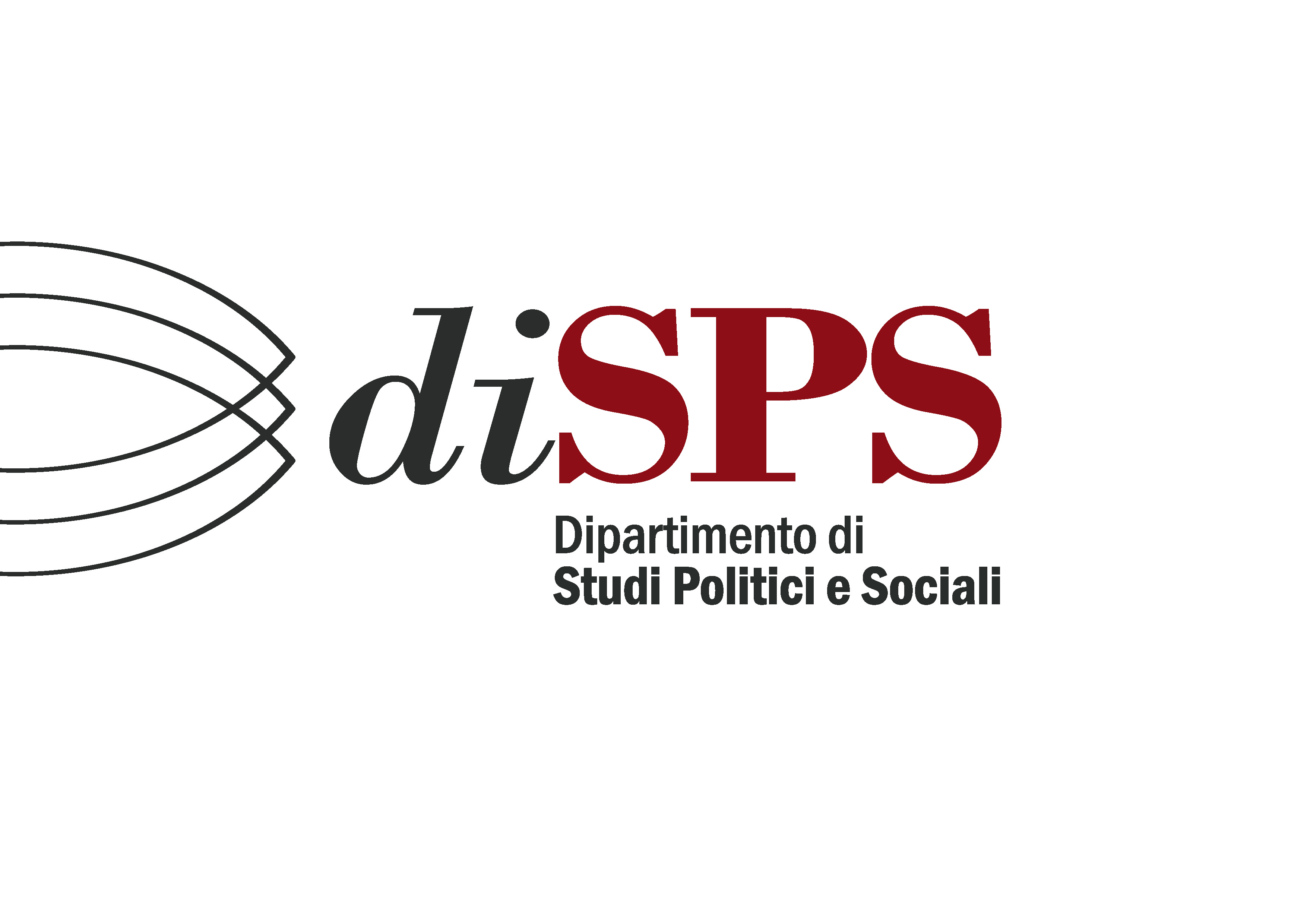The work of Carlo Curcio “Europe. History of an Idea” (published in 1958 by Vallecchi, publisher of Florence, in two volumes with a total of over a thousand pages) is certainly one of the most significant historical works of the Italian 20th century. In connection with the problems of Europe today, the most interesting part of this book is the section covering the years 1848-1958, namely the last three chapters of the book and the conclusions. More than a historical piece, this section provides a sociological profile of European culture. The author describes how the European project has failed several times due to partial and totalitarian interpretations of the meaning of Europe: Europe as empire, as a conquest, as enlightened fundamentalism, as a right, as an economy. Despite these failures, however, the idea of Europe has always survived within European intellectuals who, even amidst misrepresentations and conflicts, have kept alive the sense that we Europeans are strongly linked by a common destiny. “The idea of Europe saves Europe”, wrote Curcio. Only through a reflection on the events of the last two centuries, it is possible to understand the current crisis: it is clear that diversity must not be deleted but must be accepted with tolerance because, writes Curcio, it gives rise to mutual enrichment. Therefore, the European project should be continued on a wider scale and complexity, more humanistic and ideal, without denying the importance of the economy but avoiding the simple conformism of a flat rationality.
Carlo Curcio e l’idea di Europa
 Carlo Mongardini è professore emerito di Scienza Politica all’Università di Roma “Sapienza”. Come professore ordinario ha insegnato Sociologia fino al 1998 per poi passare alla cattedra di Scienza Politica. Ha dedicato i suoi studi a vari temi relativi alla storia della sociologia e del pensiero politico, alla cultura moderna e a fenomeni politici come il potere, l’ideologia, il consenso, le élites politiche, etc. Fra i suoi ultimi lavori: Ripensare la democrazia. La politica in un regime di massa (Milano, 2002); Capitalismo e politica nell’era della globalizzazione (Milano, 2007); L’epoca della contingenza (Milano, 2009) e Pensare la politica. Per un’analisi critica della politica contemporanea (Roma, 2011).
Carlo Mongardini è professore emerito di Scienza Politica all’Università di Roma “Sapienza”. Come professore ordinario ha insegnato Sociologia fino al 1998 per poi passare alla cattedra di Scienza Politica. Ha dedicato i suoi studi a vari temi relativi alla storia della sociologia e del pensiero politico, alla cultura moderna e a fenomeni politici come il potere, l’ideologia, il consenso, le élites politiche, etc. Fra i suoi ultimi lavori: Ripensare la democrazia. La politica in un regime di massa (Milano, 2002); Capitalismo e politica nell’era della globalizzazione (Milano, 2007); L’epoca della contingenza (Milano, 2009) e Pensare la politica. Per un’analisi critica della politica contemporanea (Roma, 2011).


